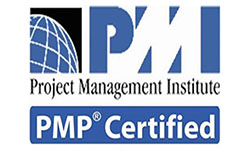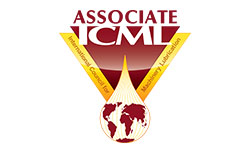NFPA 70E
The course is structured to help companies fulfill requirements set forth in OSHA 29 CFR Part 1910, Subpart S Electrical and NFPA 70E® “Standard for Electrical Safety in the Workplace,” which requires this type of instructor-led training for anyone working with electrically energized equipment. As of September 2023, this seminar
includes the changes in the 2024 version of 70E®.
Overall, this program is designed to reduce liability for the employer while establishing a culture of safe work practices among employees; it is a key component of any electrical training program.
Course Outline:
Day One – Topics
Electrical Safety & the Qualified Electrical Worker
1. Responsibilities & Requirements for a Qualified Electrical Worker
2. Who Sets Safety Standards? NFPA 70E® & Others
3. Understanding OSHA’s Role in Electrical Safety Regulations
4. Electrical Safety Culture in Your Facility
Electrical Hazards
1. Severity of Electrical Injuries – Examples and Case Studies
2. Shock, Arc-Flash & Arc-Blast
3. Understanding GFCIs
4. Primary Causes of Arc Flashes
5. How to Identify Electrical Hazards
6. Understanding Ratings of Arc-Rated Personal Protective Equipment (PPE)
7. The Importance of Grounding Systems
8. Risk Assessment Procedures
9. EmergencyResponse
Safety Related Work Practices
1. In-Depth Discussion of OSHA 29 CFR 1910 and NFPA 70E®
2. Work-RelatedDefinitions
3. Safe Operation of Electrical Meters – Ratings and Categories
4. Establishing Safe Work Conditions
5. Electrical Lockout / Tagout
6. Working On or Near Energized Parts
7. Determining Proper Approach Distances
8. Completing Energized Electrical Work Permits
9. Understanding an Arc Flash Analysis
10. Interpreting Arc Flash Hazard Warning Labels 11.Reading Arc Flash One Line Diagrams 12.Personal Protective Equipment (PPE)
Day Two – Topics
Safety Related Maintenance Requirements
1. Understanding General Requirements
2. CommonElectricalEquipment
3. PremisesWiring
4. Controller Equipment
5. Fuses & Circuit Breakers
6. Rotating Equipment
7. Hazardous (Classified)Locations
8. Batteries & Battery Rooms
9. Portable Electrical Tools & Equipment (PPR)
Requirements for Special Equipment
1. ElectrolyticCells
2. Batteries & Battery Rooms 3. Lasers
4. Power Electronic Equipment
Electrical Safety Program
1. Planning an Electrical Safety Program
2. Training Requirements
3. Complying with NFPA 70E®
4. Interpreting Arc Flash Analysis Reports
5. Determining your PPE Requirements
6. Documentation of Records










